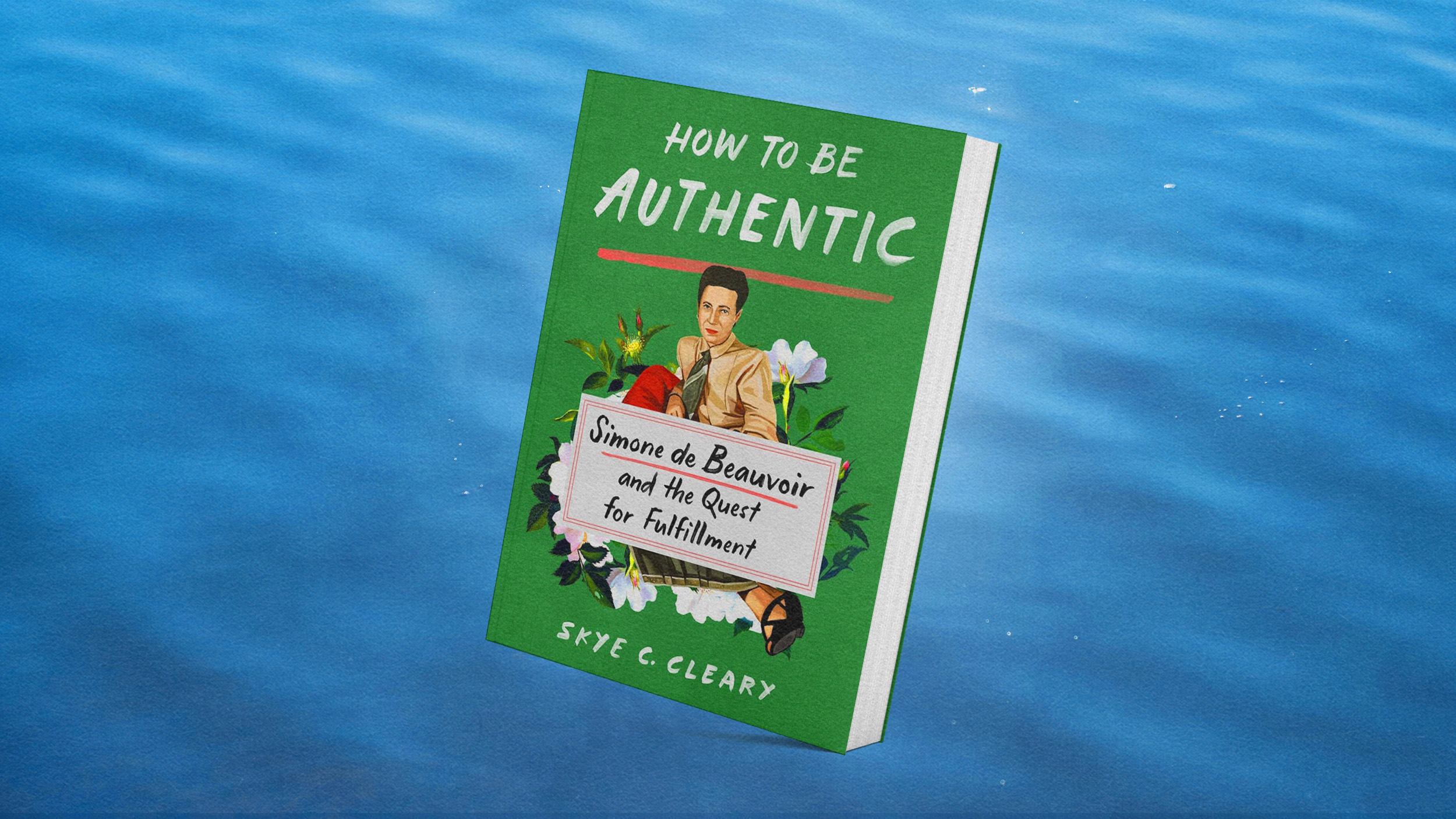Drawing from the wisdom of ancient philosophers like Aristotle, history has taught us that the pursuit of a good life is found in cultivating virtues. Yale psychologist Laurie Santos brings us into the modern era of virtuous living by unpacking various schools of thought — from Martin Seligman and Chris Peterson’s 24 character strengths to the Japanese practice of ikigai.
While engaging with character strengths enhances our sense of meaning and happiness, it’s our unique “signature strengths” that have a profound impact on our lives. Contrary to the common belief that monetary rewards drive job satisfaction, engaging more of our signature strengths at work not only leads to increased job fulfillment but also improves performance and potentially increases earnings.
But the application of virtue extends beyond the workplace. Finding ways to incorporate humor, zest, or a love of learning into our leisure activities can unlock greater fulfillment and meaning during our free time. Whether through self-reflection or a systematic survey, identifying our signature strengths and committing to their regular practice empowers us to live a more virtuous and meaningful life.
Laurie Santos: Thinkers and scholars for thousands of years have recognized the importance of virtue. If you talked to a philosopher like Aristotle about what made for a good life, Aristotle would say that a good life was a life filled with 'eudaimonia;' his word for flourishing. But he thought that flourishing came from cultivating a life of virtue.
Some of the most exciting work on the power of virtue comes from Marty Seligman and Chris Peterson. They went back to the ancient traditions, and what they found was that there seemed to be these six domains into which the other virtues fall, with around 24 different character virtues. They're the kind of things that we know universally are just good things to have, but that people tend to have in slightly different degrees. These are our character strengths. Whenever we engage with any of these, we wind up becoming a more virtuous person; the kind of person that Aristotle would really want us to be.
But it turns out that scientific work suggests that they can impact our behavior, our sense of meaning, but also our sense of happiness. When we're engaging with our character strengths, we tend to feel a little bit better, but it's not just any old character strengths that can make us feel happier. It turns out that each of us has a couple different character strengths that resonate with us really well. So when we look at the big list of character strengths that Seligman and Peterson came up with, there might be a couple of those character strengths that pop out at you, that you might think like, "Ah, persistence is fine, but I'm really a person that has a love of learning," or, "I'm really a person that cares about humor."
Those specific things that pop out for you are what researchers have called your 'signature strengths.' They're the ones that you feel as part of a sense of your own identity, and they're also the ones that when you engage in them more the evidence suggests that you will feel better. One of my favorite studies in the domain of character strengths work is the power that our signature strengths have for improving how much we love our job. Lots of people are really interested in this question of like, "Okay, what will make me work better? What will make me perform better at work? But also what can I do to love my job more?" And our instant go-to reaction is that we need to pay people more, right? If only I get a raise, I would love my job more.
But the evidence suggests that a faster path, maybe a more effective path to feeling better at work, is to make sure you're engaging more of your signature strengths. In fact, if you engage more of your signature strengths at work, you tend to not just love your job more, you tend to perform better at your job, and perhaps not surprisingly, you tend to earn more money. We think earning more money is the path to being happy at work, but it might be that engaging our signature strengths is the path to performing better, which then get us earning more money. And so, if we really want to feel better at work, we need to find ways to bring in more of our signature strengths. And this can feel a little bit tricky sometimes because you might think, "Well, you know, I'm a receptionist," or, you know, "I just work on a bunch of Excel sheets at work," right? Like, "How am I gonna bring in the strengths of humor or zest" and so on?
And there's some lovely work by the Yale School of Management professor Amy Wrzesniewski that gives us a path forward for this. She says that you can engage more of your signature strengths at work through the practice of what she calls 'job crafting.' Job crafting is just the act of taking your regular job description and trying to figure out where you can squeeze in more of your signature strengths. You're not changing really exactly what you do at work, but you're changing how you frame it, and the things you pay attention to to get in more of those character strengths that feel like you, that sort of light you up.
The reason I love Amy Wrzesniewski's work so much is that she looks at a profession where you might not think that there was a lot of flexibility for job crafting. One of her janitorial staff members talked about working on a coma ward. She said that she would exercise creativity by just ever so subtly moving the paintings and the plants in the room around. And she thought, "You know, I'm not sure if that's helping people, but I like to do whatever I can do creatively to make the environment more interesting to maybe help these patients." These were things that weren't in someone's job description, but they were exercising job crafting to find a way to engage more of their virtues. And by doing that, they wound up feeling happier and feeling their job was more of a calling than it would've been otherwise.
As we think about bringing more of our signature strengths into our lives, it's important to note that this isn't just something that you need to do at work- there's many ways to engage in our signature strengths. How can you bring a sense of humor or a sense of zest or love of learning into your leisure? And I think this is really important because there's often a sense that we're not using our leisure as well as we could be. We have this free time, but we often do something that's kind of passive. You know, we plop down and watch TV, or we scroll through social media. Usually those things aren't engaging any of our signature strengths 'cause we're doing something that's just so passive.
So the best way to figure out your signature strengths, honestly, is just to look at a big list of the 24 character strengths. Read through them and see which ones kind of pop out for you. If you wanna do it a little bit more systematically, there's a fantastic survey that you can take, a much more well-validated psychometric survey, on the VIA Character Strengths website. You can kind of go through and answer these questions, and it will print out for you a list of your 24 strengths in the order that they resonate for you. So you can do it the more systematic way, or you can do it the quick and dirty way. The key is that you figure out ones that really resonate with you, and commit to putting those into practice. And when you look at these different character strengths, there'll be some strengths that will be at the top, your signature strengths, and then you'll kind of go down as you go.
I think it's important to recognize though that if you have a few strengths that are at the bottom of the list, that doesn't mean you're bad at these strengths or that doesn't mean that they're things that you'll never get good at. Those, in fact, might be the spots where you can really take a growth mindset and work on these things even more. Scientific studies of the power of character strengths are relatively new, but the impact of character strengths is something that people have known about for a long time.
All over the world, we talk about the meaning that we can get from engaging with our virtues. when you're doing something that brings you flow and makes you feel really energized. The Japanese concept of 'ikigai,' you know, doing really meaningful work that hits upon your particular set of strengths. These are concepts that we see around the world that just tell us the impact that engaging with our character strengths can have on our performance, but also on our well-being.






